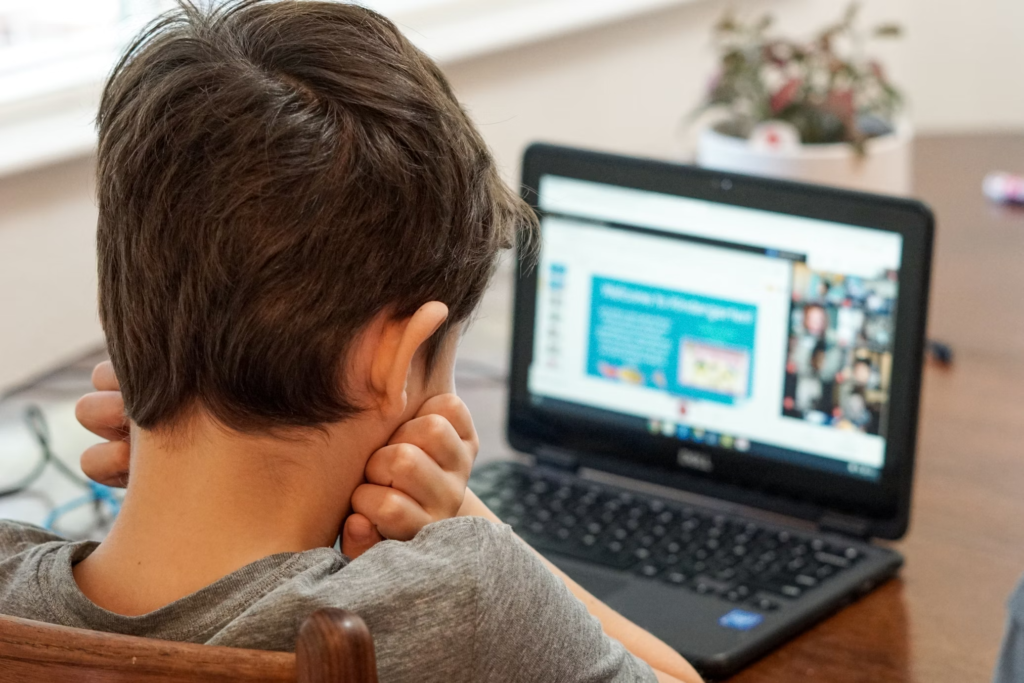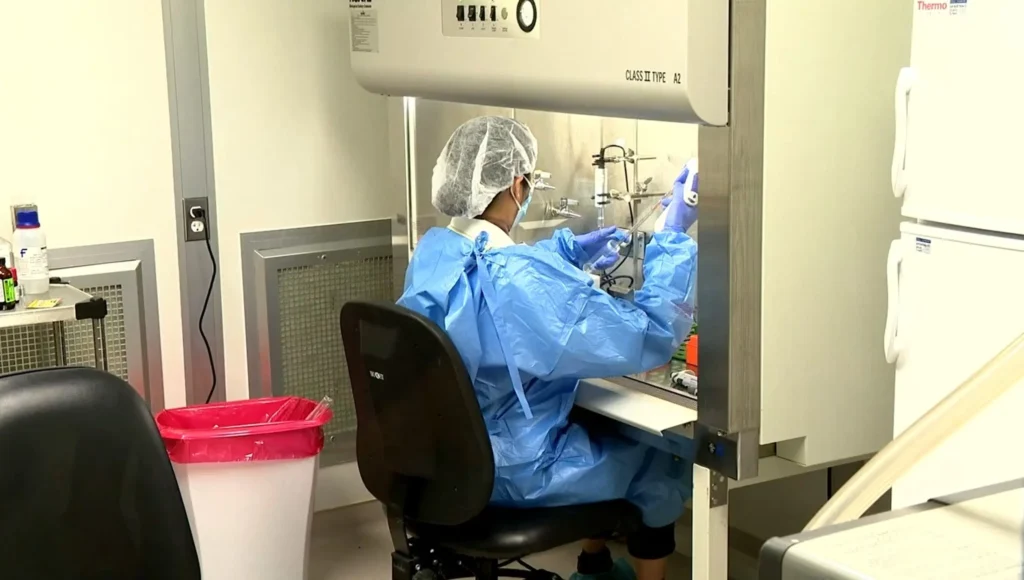In a recent study, researchers shed light on the unexpected consequences of prolonged screen time on the cognitive, behavioral, and brain development of adolescents and young children. The pervasive use of screens in today’s society has revolutionized how individuals interact with the world, offering new communication avenues, diverse forms of entertainment, and boundless access to information. However, the flip side, particularly for children, has long been a topic of concern.
The Crucial Developmental Stage: A Delicate Balance
“Children and adolescents are undergoing rapid brain development and maturation,” notes Dan Wu, co-author of a study recently published in Advanced Science. “Dedicating extensive time to digital media may divert their attention from other crucial activities such as reading, physical exercise, or adequate sleep, directly or indirectly impacting their healthy development.”
Analyzing the Impact: A Comprehensive Study
Researchers at Zhejiang University delved into the effects of device usage on the cognition, behavior, and brain volume of adolescents. Utilizing data from the Adolescent Brain Cognitive Development Project, a substantial dataset featuring information from 11,880 U.S. children, the study uncovered some compelling insights. Screen use emerged as a factor adversely affecting language skills, contributing to depression and social issues among young adolescents. Furthermore, the study identified a significant reduction in reading time, indirectly affecting language skills and brain volume.
Data Analysis and Methodological Precision
The researchers employed publicly available data, including information on screen time, reading habits, cognitive and behavioral assessments, and brain volume measurements. Recognizing the potential biases associated with self-reporting by adolescents, the study utilized Mendelian randomization to address questions about causation. This sophisticated statistical method leverages genetic variation to explore whether modifiable variables, like screen use, can cause specific outcomes.
Acknowledging Potential Biases and Considerations
While acknowledging the study’s sophistication, Jason Nagata, an associate professor of pediatrics at the University of California in San Francisco, cautioned about potential biases in the data. He emphasized the reliance on self-reported screen time by adolescents, introducing possibilities of recall bias, reporting inaccuracies, and social desirability. Nagata also noted that the data was collected before the COVID-19 pandemic, a critical period that significantly impacted screen and reading time among adolescents.
A Two-Way Street: The Complexity of Screen Use and Mental Health
The study concluded that screen use has both direct and indirect effects on the cognition, behavior, and brain development of adolescents. However, Wu urged caution against exaggerating the negative consequences, pointing out that some behavioral problems may precede excessive screen use.
“In reality, we’re likely dealing with two-way connections between screen time and mental health,” explained Nagata. “Adolescents who defy conventional rules may find themselves spending more time on screens. Conversely, an increase in screen time can expose adolescents to more violence and cyberbullying, potentially fostering more aggressive and rule-breaking behaviors.”
Navigating the Complexity: Future Directions
Screen use in adolescents presents a complex challenge with various contributing variables. While the Zhejiang University study offers valuable insights, it underscores the need for continued research to fully comprehend the genuine impact of screen use on adolescent development. Striking a balance and fostering healthy screen use in children require a nuanced understanding of these intricate connections.




Pingback: Torrie Lewis Shatters Australian Women's 100m Record at ACT Championships - 𝐋𝐈𝐎𝐍𝐉𝐄𝐊 News